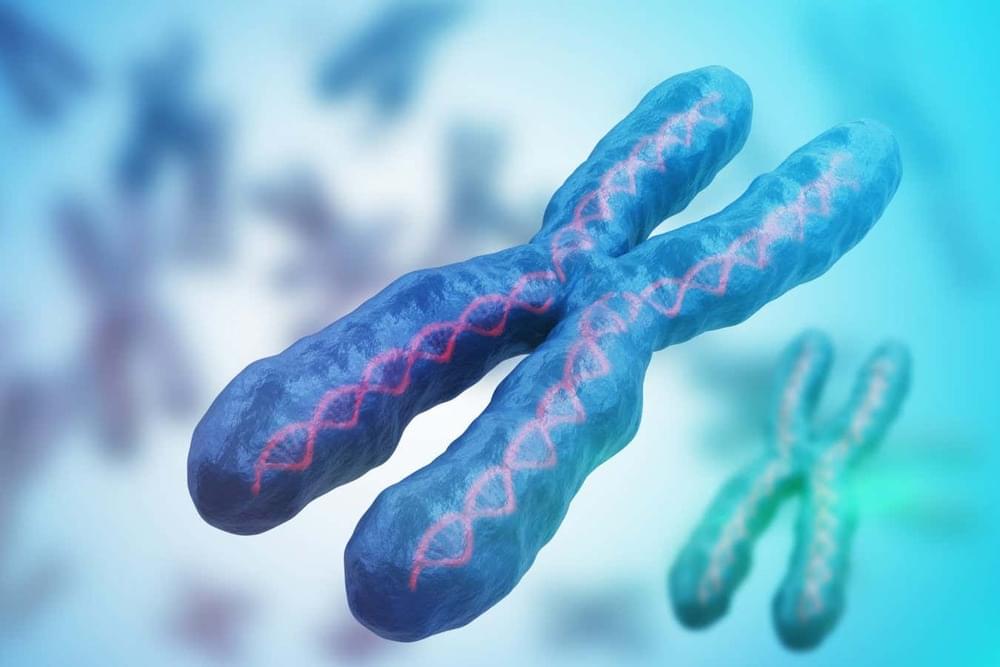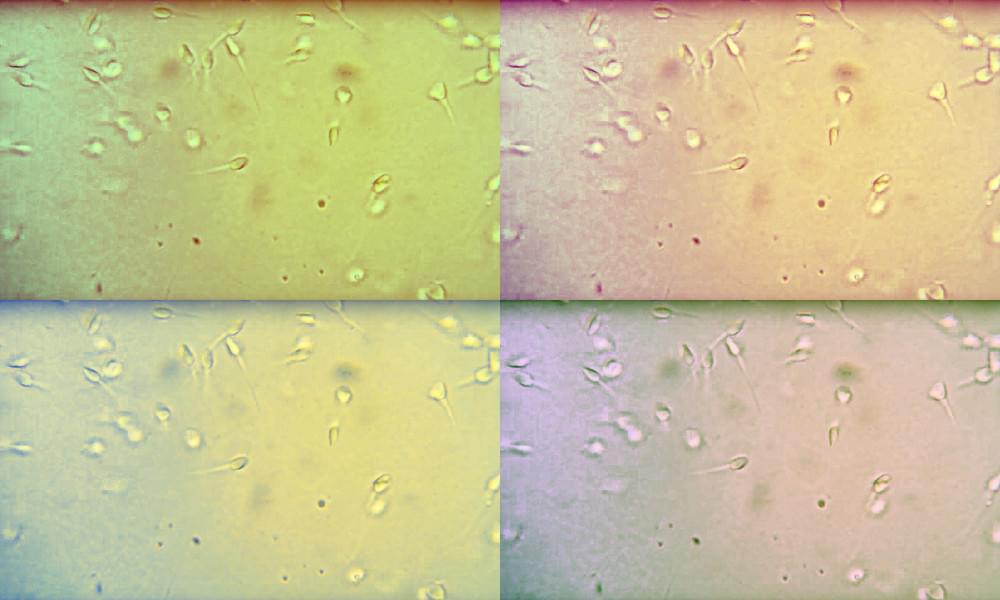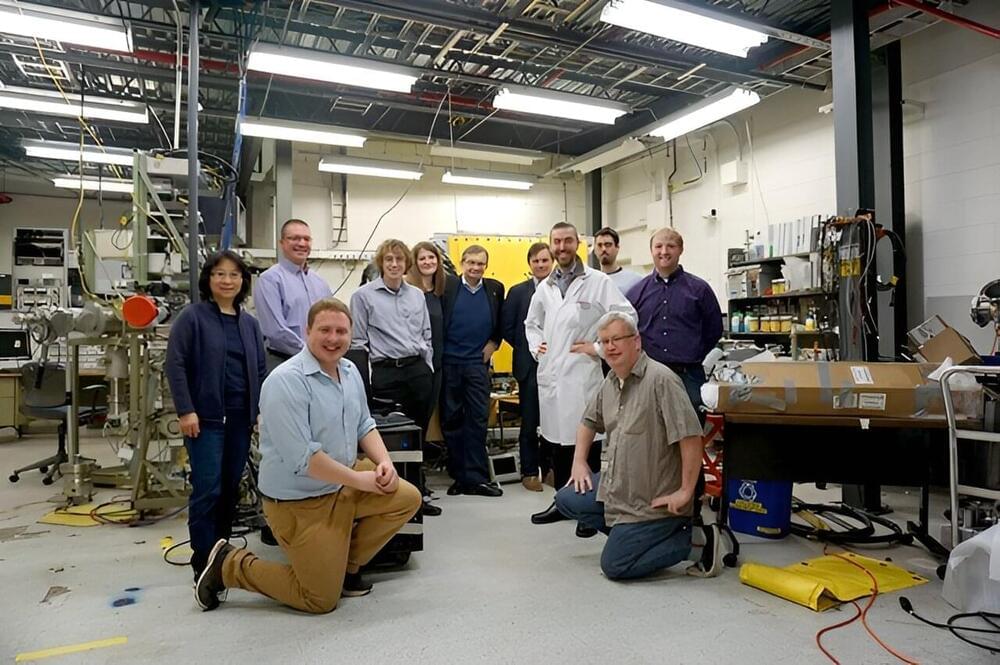May 7, 2024
Researchers identify genetic factors that help some reach 100 years with sharp minds
Posted by Paul Battista in categories: biotech/medical, genetics, life extension, neuroscience
Researchers have discovered that individuals who live to be 100 years old and remain cognitively healthy possess genetic variations that may protect against Alzheimer’s disease. These “protective alleles” are significantly more prevalent among centenarians compared to Alzheimer’s patients and even middle-aged individuals without the disease. This finding could pave the way for new approaches in preventing and treating Alzheimer’s, particularly by focusing on enhancing these protective genetic mechanisms.
The new findings have been published in the journal Alzheimer’s & Dementia.
Alzheimer’s disease is a progressive neurological disorder that predominantly affects older adults, leading to a decline in cognitive functions such as memory and reasoning. Over time, this can result in a complete loss of independence and eventually death. The risk of developing Alzheimer’s increases significantly with age, and while it is not an inevitable part of aging, it is one of the most common causes of dementia among seniors.


















